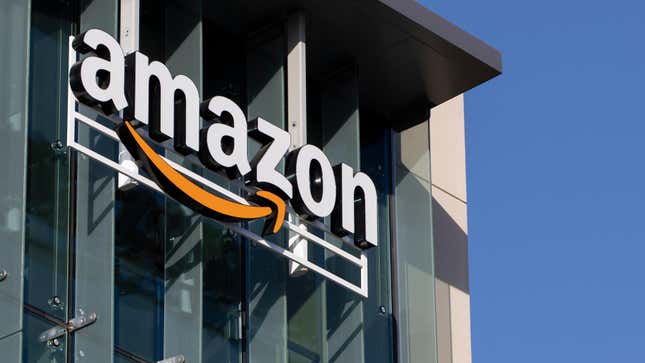
Amazon faces allegations from the U.S. Federal Trade Commission (FTC) of wielding price-gouging algorithms through an operation called “Project Nessie” according to court documents filed Thursday. The FTC says the algorithm has generated more than $1 billion in excess profit for Jeff Bezos’s e-commerce giant.
Online stores match Amazon’s pricing to make sure they’re getting the market price for their product. Amazon allegedly used an algorithm from 2015 to 2019 to figure out which products were being price-matched and then raised the prices of these products, according to the FTC. This allowed Amazon to not be undercut by competitors while at the same time raising prices for the whole industry. The FTC alleges Amazon turns the algorithm, called Project Nessie, off during periods of heightened public scrutiny, but internally calls the operation “an incredible success.”
“From 2015 to 2019, Amazon deployed a secretive scheme that induced other online stores to raise their prices and allowed Amazon to extract additional profits from shoppers,” said U.S. prosecutors in a filing. Project Nessie is currently off, but regulators allege online stores follow Amazon’s price increases at least 20% of the time.
Amazon spokesperson Tim Doyle says the FTC’s claim about Nessie “grossly mischaracterizes this tool.”
“Nessie was used to try to stop our price matching from resulting in unusual outcomes where prices became so low that they were unsustainable,” Doyle said in a statement. He says the project was scrapped several years ago because it didn’t work as intended.
The lawsuit also claims Amazon shuttered a service called ‘Seller Fulfilled Prime’ (SFP) in 2019, which allowed 15,000 sellers to ship products themselves, instead of using Fulfillment by Amazon. The program was praised by sellers, but created competitive fulfillment services, so Amazon shuttered the program to make all sellers reliant on Amazon for shipping, says the FTC.
Amazon counters the FTC’s statements, saying SFP was “far below the high standards and expectations our customers have for Prime” in a statement. An Amazon spokesperson called the FTC’s figures “misleading”, and says an improved version of SFP is now open to sellers.